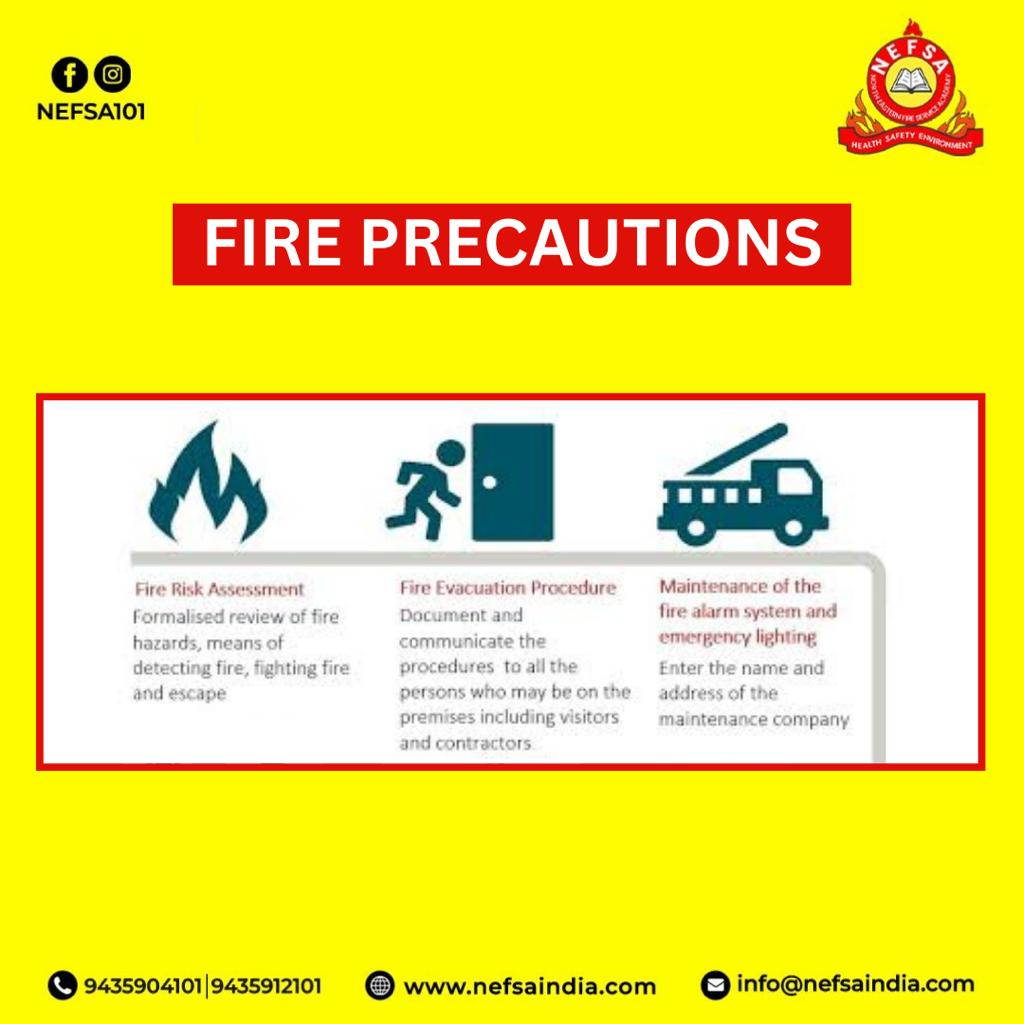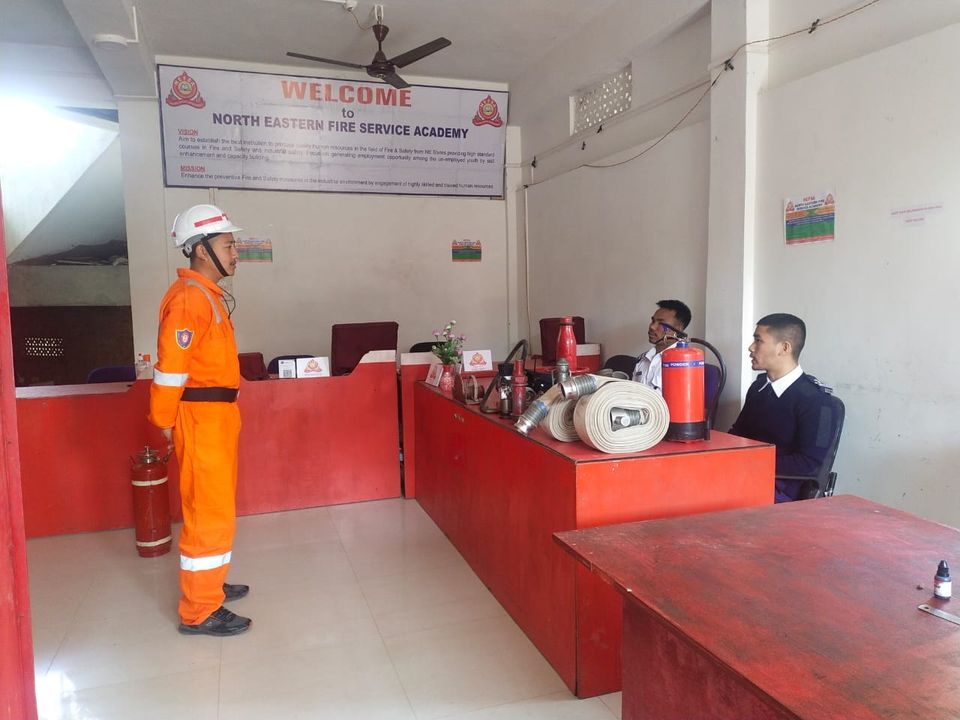In the realm of fire safety, preparedness is the key that unlocks the door to preventing disasters. NEFSA Dibrugarh Fire Academy, with its rich expertise in firefighting education, offers invaluable insights into fire preparedness. In this blog, we delve into the expert tips and insights from NEFSA that can empower individuals and communities to bolster their defenses against the threat of fire.
1. Create a Robust Fire Escape Plan:
NEFSA emphasizes the importance of having a well-thought-out fire escape plan. This plan should be practiced regularly, ensuring that every member of the household or community knows the quickest and safest way out in case of a fire emergency.
2. Invest in Fire Safety Equipment:
The academy recommends investing in quality fire safety equipment. From smoke detectors to fire extinguishers, having the right tools at your disposal can significantly mitigate the impact of a fire outbreak.
3. Educate All Household Members:
Knowledge is a powerful tool in fire prevention. NEFSA stresses the importance of educating all household members, including children, about the basics of fire safety, emergency protocols, and the proper use of firefighting equipment.
4. Regularly Inspect and Maintain Equipment:
Fire safety equipment is only effective when it’s in good working condition. NEFSA advises regular inspections and maintenance of equipment to ensure its reliability in case of an emergency.
5. Mindful Cooking Practices:
A significant number of fires start in the kitchen. NEFSA provides practical tips on maintaining mindfulness while cooking, emphasizing the importance of never leaving cooking appliances unattended.
6. Electrical Safety Measures:
Faulty electrical systems can be a major fire hazard. NEFSA offers insights into electrical safety, including regular checks of wiring, avoiding overloading circuits, and promptly addressing any electrical issues.
7. Proper Storage of Flammable Materials:
NEFSA educates on the safe storage of flammable materials. Properly storing items like gas cylinders, paints, and cleaning solvents away from heat sources can prevent potential fire disasters.
8. Community Fire Drills:
Beyond individual preparedness, NEFSA suggests organizing community fire drills. This collective effort ensures that neighborhoods are well-prepared and coordinated in the event of a fire emergency.
9. Stay Informed About Local Fire Risks:
Awareness is a key aspect of preparedness. NEFSA encourages staying informed about local fire risks, such as dry seasons or high winds, to adapt fire safety measures accordingly.
10. Seek Professional Training:
For those eager to enhance their fire safety knowledge, NEFSA recommends seeking professional training. Enrolling in courses can provide a deeper understanding of firefighting techniques and emergency response strategies.
Conclusion:
Fire preparedness is a shared responsibility, and insights from NEFSA Fire Academy Dibrugarh Fire Academy serve as a beacon for communities looking to fortify their defenses. By integrating these expert tips into daily practices, individuals can significantly reduce the risk of fire emergencies and contribute to the overall safety of their homes and neighborhoods. NEFSA’s commitment to fire education extends beyond its academy walls, empowering individuals to be proactive guardians against the ever-present threat of fire.
To join our academy click :- https://nefsaindia.com/
For Previous blog:- Click here







